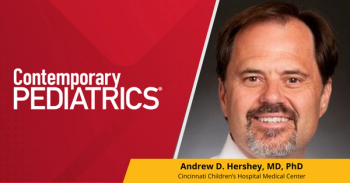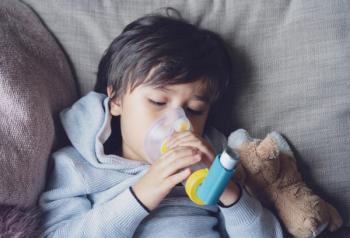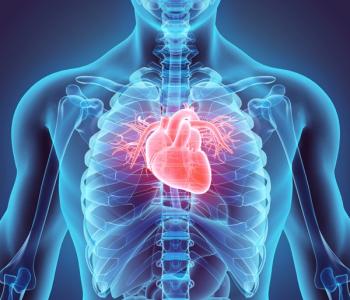
Teen drinking is a serious concern: Not a surprise finding
In all campaigns to combat substance abuse by adolescents, the spotlight is usually on illicit substancesmarijuana, heroin, crack, Ecstasy, or whatever else is the teenage drug-du-jour. According to an article published last month in the Journal of the American Medical Association (JAMA), however, the leading drug of abuse isn't any of those illicit substances; it's plain, old-fashioned booze (Foster S, Vaughan R, Foster WH, and Califano JA: Alcohol consumption and expenditures for underage drinking and adult excessive drinking. JAMA 2003;289:989). National surveys show that 78% of high school students have tried alcohol, more than 30% admit to binge drinking at least once a month, and the percentage of children who begin drinking in the eighth grade or earlier has increased by 33% between 1975 and 2001. According to the study's authors, alcohol use among adolescents is associated with early sexual experience, fetal alcohol syndrome, exposure to HIV, abuse of tobacco and injectable drugs, automobile crashes, violent crime, and alcohol poisoning.
None of this should come as a shock. Data used in the study are drawn from surveys familiar to most of those who work in the field of adolescent health: the National Household Survey of Drug Abuse, the Youth Risk Behavior Survey, and the Behavior Risk Factor Surveillance System. The conclusions the authors draw, however, are unusually vigorous: What is needed, they say, are:
- aggressive public health campaigns similar to those that address smoking and illegal drug use
- higher taxes on alcohol
- tougher penalties on those who help minors obtain alcohol or on those who sell to minors
- tougher restrictions on advertising and marketing strategies aimed at underage drinkers.
Not surprisingly, the Distilled Spirits Council, a lobbying group for the liquor industry, has questioned the study's methodology and its conclusions.
Newsletter
Access practical, evidence-based guidance to support better care for our youngest patients. Join our email list for the latest clinical updates.








